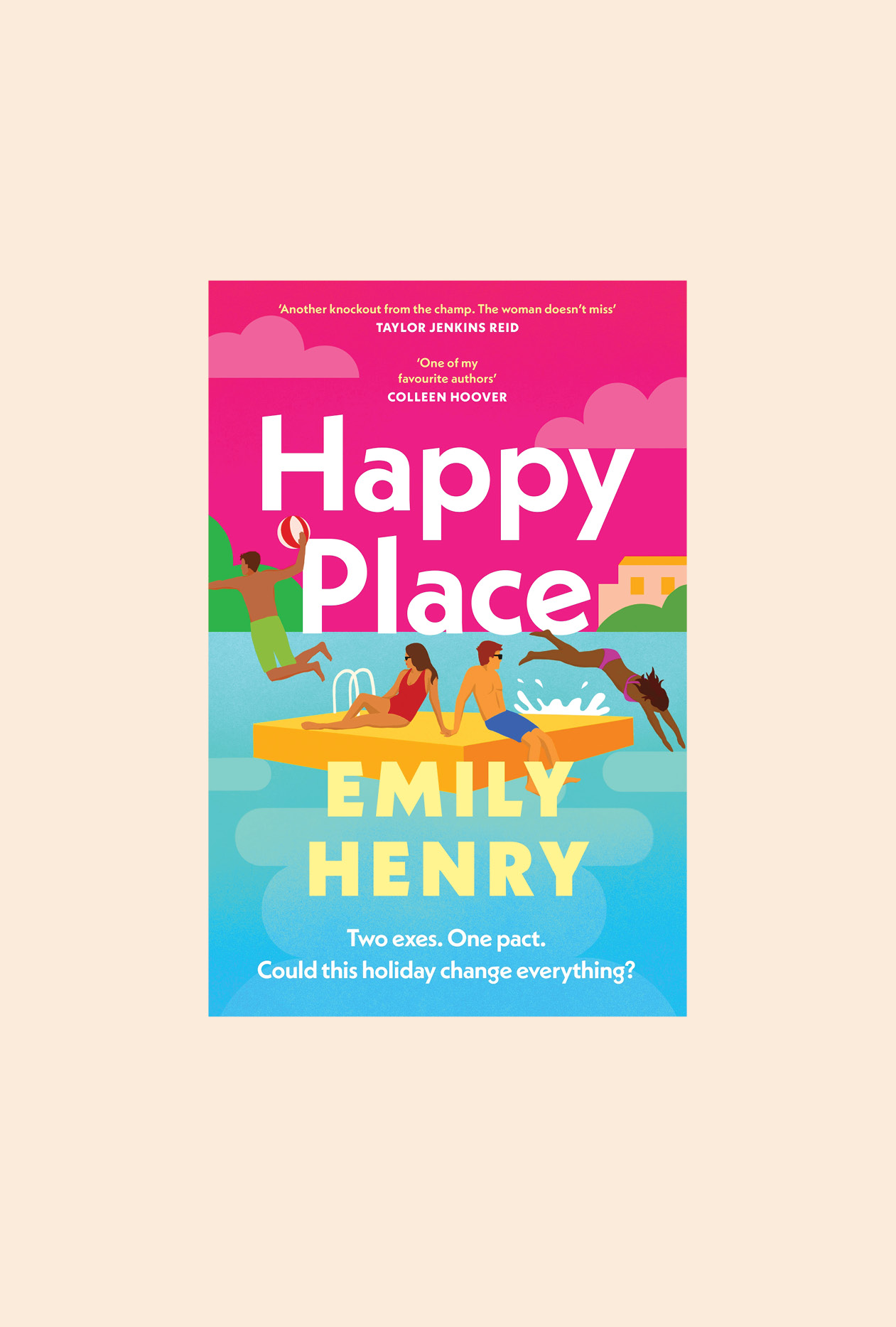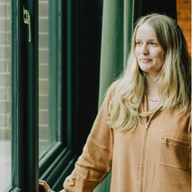I don’t know about you but when I read rom-com novels, there’s this kind of meta commentary going on in my mind. It feels a little like a high school English assignment where I’m expected to identify all of the tropes and tricks employed in the construction of the story. Only I’m a millennial who graduated high school two decades ago, trying to prove to my millennial self that I know all there is to know about the synthetic stylings of the genre. Fun, right?
If you’ve ever had the misfortune of watching a rom-com with me, you’ll know that this is also the way I behave when I’m watching a rom-com movie. Invariably you’ll hear me shouting out things like “definitely friends-to-lovers”, “fake-dating”, or “Oh look, a dramatic declaration of love at an airport”.
This is all to say that when my obsessive commentary is silenced, when I am no longer shouting at the book or film in question, I know I’m on to a good thing. Something that belongs to the genre but that isn’t afraid to employ a little nuance or subtlety. Something that feels closer to reality. Something that is self-aware but entirely, gloriously immersive.
All of Emily Henry’s books belong to this silence-inducing genre. And it’s not just me who thinks so. Since pivoting from writing sci-fi to romance novels in 2019, Henry has sold over 2.4 million books, had three of her books optioned for film, spent over 145 weeks on The New York Times bestsellers list and gained her own portmanteau (EmHen for those wondering). Her name is ubiquitous with the rom-com genre. You have likely read her other books (Beach Read, People We Meet on Vacation and Book Lovers) and, even without reading this (spoiler alert) glowing review, you will likely read her latest.
Happy Place is the story of a group of college friends who gather at the eponymous Happy Place in Maine for one last hurrah before the seaside cottage is sold. Within the group is a recently separated couple – stressed-out surgical resident Harriet and Montanian furniture maker Wyn – who have decided to keep their split a secret until the week is over. (If it were a movie and you were watching it with me, this is when I would shout “second-chance fauxmance with forced proximity”.)
It’s a delightfully fun premise that delivers in all the ways you’d expect it: a shared bed and a rather pivotal scene trapped inside a wine cellar; fake affections that inevitably stoke the sexual tension Harriet and Wyn are pretending is no longer there; charming location details like lobster huts and a quaint bookstore called Murder, She Read. But beyond the bug (lobster) rolls and bottles of prosecco, the novel asks sincere questions about love and where it goes when a relationship ends.
Structured in flashbacks that chronicle the 10 years leading up to Harriet and Wyn’s sudden breakup, the reader gets a front row seat to the evolution of this seemingly perfect couple’s relationship.
“I’ve memorised the rhythm of his breathing when he sleeps and the smell of his skin when he’s been out in the sun, and I know when he’s afraid.”
Theirs is an intimacy that feels both realistic and exceptional. Which makes their breakup even more confusing and melancholy (both for the reader and for Harriet who still doesn’t fully understand why Wyn has ended things). Exploring Harriet and Wyn’s own parents’ relationships and the ways in which they impacted their understanding of love felt more like an Esther Perel episode than it did a frothy rom-com, but that is the depth we’ve come to expect in Henry’s novels.
There were a handful of eye-roll moments (especially an overwritten metaphor comparing the imperfections of ceramics with a broken relationship), but these were forgiveable thanks to Henry’s multidimensional and relatable characters. Characters who go to therapy, and who can’t have sex until they find a condom, and whose vulnerabilities often feel like your own.
A welcome addition to the EmHen formula was the ensemble cast and focus on female friendship (without any of the misogyny or jealousy you may remember reading in rom-coms of yonder).
“My best friends taught me a new kind of quiet, the peaceful stillness of knowing one another so well you don’t need to fill the space. And a new kind of loud: noise as a celebration, as the over- flow of joy at being alive, here, now.”
This is the kind of wisdom you’ll find scattered throughout the novel. Wisdom that verges on cheesiness but that lands as hard-won emotional truths. It’s the magic of her writing. To read Henry is to live in her earnest optimism, to believe in built-to-last-love, to trust that everything will be ok – a very happy place indeed.
Happy Place by Emily Henry is available now.













No Comments